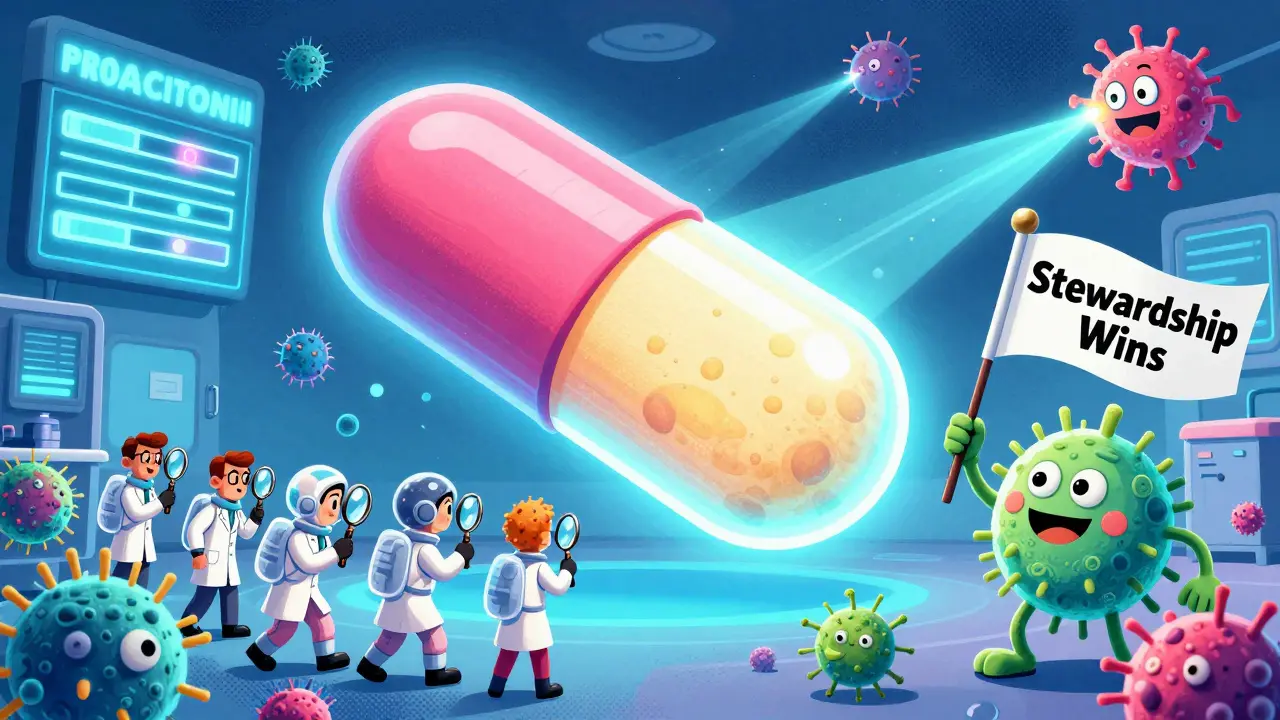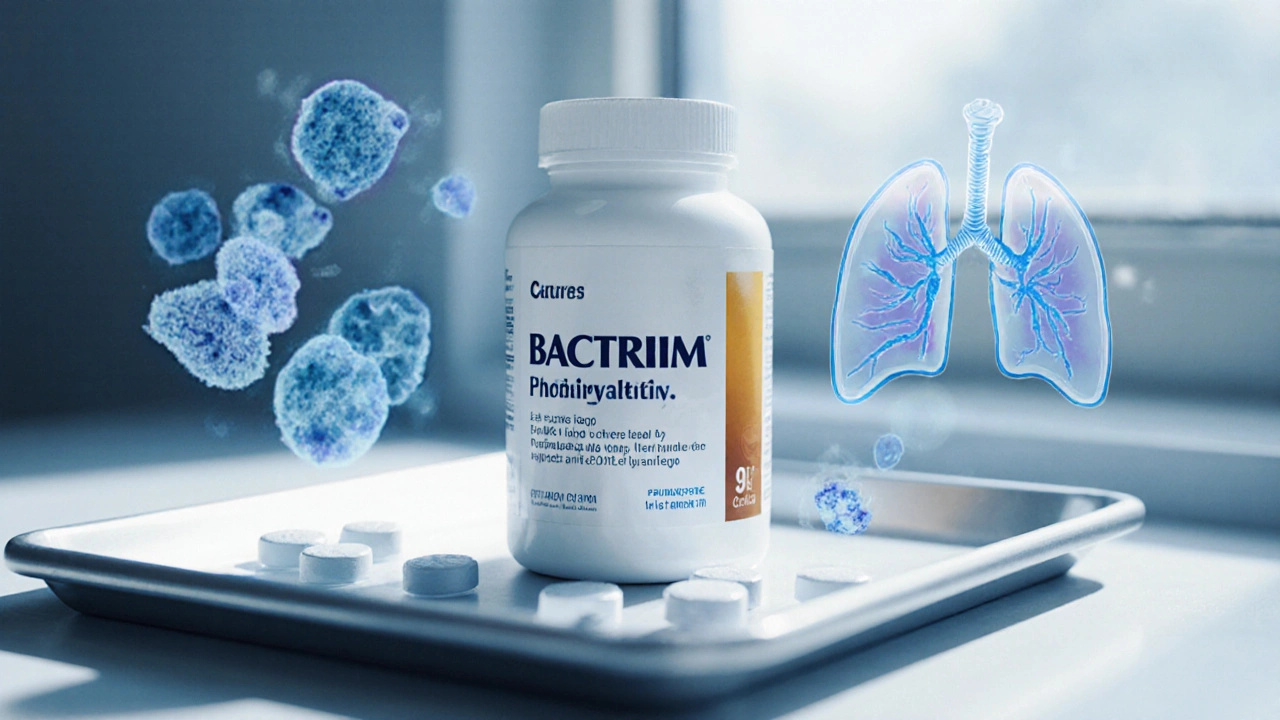Antibiotic Resistance – Simple Facts & How to Fight It
If you’ve heard the word “superbug” in the news, you already know something serious is going on. Antibiotic resistance means the medicines that once killed infections are starting to fail. It’s not a distant problem for scientists only; it affects anyone who ever takes a prescription or even an over‑the‑counter antibiotic.
Why does this happen? Bacteria are tiny but clever. When you take an antibiotic, most of the germs die, but a few that have tiny changes in their DNA survive. Those survivors multiply and pass on the resistance traits to the next generation. Over time, entire strains become immune to the drug you rely on.
Why Antibiotics Lose Their Power
Misusing antibiotics speeds up the process. Skipping doses, stopping early because you feel better, or using leftover pills for a new infection all give bacteria a chance to adapt. Even using antibiotics for viral illnesses—like colds or flu—does nothing for the virus but adds pressure on the bacterial community.
Another big factor is how medicines travel around the world. A resistant bug that pops up in one country can hop across borders through travelers, food imports, or water. That’s why health agencies call antibiotic resistance a global threat.
What You Can Do Today
Good news: everyday choices can slow down resistance. First, always follow your doctor’s instructions exactly—finish the full course even if you feel better early on. If you’re unsure about a prescription, ask why it’s needed and whether there are alternatives.
Avoid pressuring doctors for antibiotics when they aren’t required. For most colds, rest, fluids, and over‑the‑counter relief work just fine. Keep vaccinations up to date; they prevent infections that might otherwise need antibiotics.
Practice proper hygiene: wash hands regularly, cover coughs, and keep wounds clean. Reducing the spread of germs means fewer infections and less antibiotic use overall.
If you’re caring for someone at home—like a child or an elderly relative—store any leftover pills safely and discard them properly; never share antibiotics with friends or family.
Finally, stay informed. Websites like Meds 24/7 Online provide clear updates on which antibiotics are still effective and offer tips for safe medication use. Knowing the latest guidelines helps you make smarter choices.
Antibiotic resistance won’t disappear overnight, but each responsible decision adds up. By using medicines correctly, practicing good hygiene, and staying aware of the issue, you protect your own health and help keep these vital drugs working for everyone.



